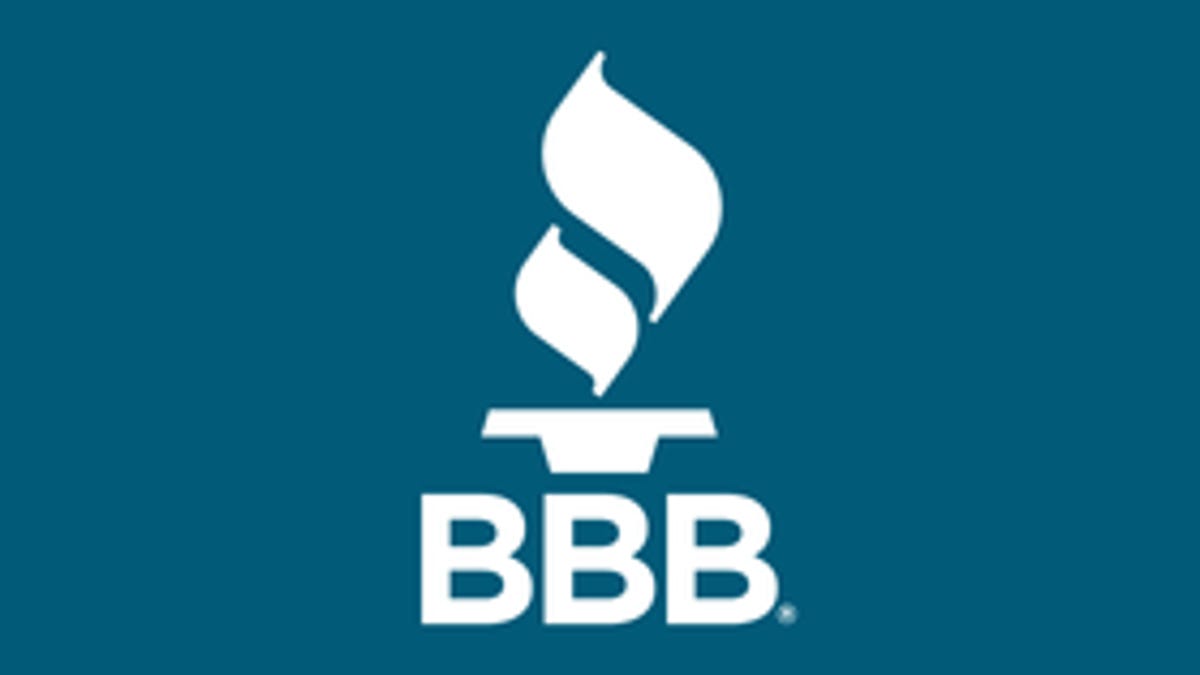The Better Business Bureau serving the Canton and Greater West Virginia area offers tips and advice for consumers to avoid fraudulent practices.
Football fans are eagerly awaiting the upcoming playoff games. This year, people holding tickets for admission to venues must comply with COVID-19 protocols, but ticket sales are still brisk and competition for a seat at games can be tough. Many stadiums and venues only accept digital tickets, making opportunities for scams even more likely.
What to know about buying online
Through the Internet, consumers have countless ways to find tickets and connect with online marketplaces, ticket sellers and resellers. Unfortunately, some of them are scams, and it’s not always clear if a ticket is fake. Last year, the Better Business Bureau received more than 140 BBB Scam Tracker reports of ticket scams related to sporting events, concerts, theater, and more.
BBB warns consumers to be smart when researching and purchasing tickets, to ensure they are buying from a reputable source. BBB and the National Association of Ticket Brokers work to raise awareness and educate fans about the smartest ways to purchase tickets in the secondary resale market.
Here are some tips for buying tickets, whether you’re looking for game tickets, concert tickets or any other event:
• Buy locally whenever possible. Many official ticket agents now offer secondary ticket options as well.
• Consider your source. Know the difference between a professional ticket broker (a legitimate and accredited reseller), a ticket reseller (an unregulated and unlicensed ticket seller) and a scammer selling fraudulent tickets.
• Buy only from trusted vendors. Buy online only from suppliers you know and trust. Look for the lock symbol in the web address to indicate a secure shopping system. Do not click on e-mails or online advertisements; a common trick is to create a web address similar to that of a well-known company.
• Know the refund policy. You should only purchase tickets from a ticket reseller who provides clear details of the terms of the transaction. Sellers must disclose to the buyer, prior to purchase, the location of the seats represented by the tickets, either orally or by reference to a seating plan; and, if the tickets are not available for the purchaser’s immediate access, disclose when the tickets will ship or be available for pickup.
• Use payment methods that come with protection. Always use a credit card in order to have recourse if the tickets are not as promised. Prepaid cards, bank transfers or cash transactions are risky; if the tickets are fraudulent, you will not be able to get your money back.
• Beware of advertisements. When you search for tickets online on the web, advertisements for cheap tickets often appear. Use common sense; some of these advertisements will be ticket scams, especially if the prices are low.
• If you are unsure, check your tickets. Visit the arena where the event will take place. Present your ticket to “Will Call” (customer service) and they can check if your ticket is legitimate and show you how to tell if a ticket is fake.
More information
Visit bbb.org/canton or call 330-454-9401 to find a business, file a complaint, write a customer review, read tips, find our events, follow us on social media, and more.
Note – The National Association of Ticket Brokers has provided this information.

